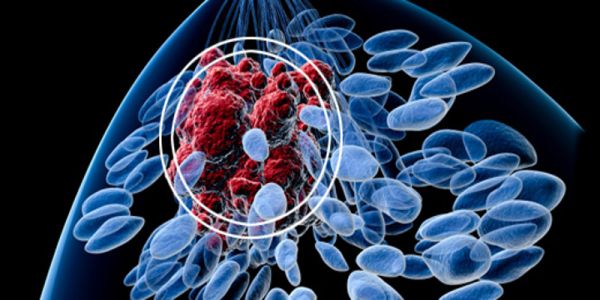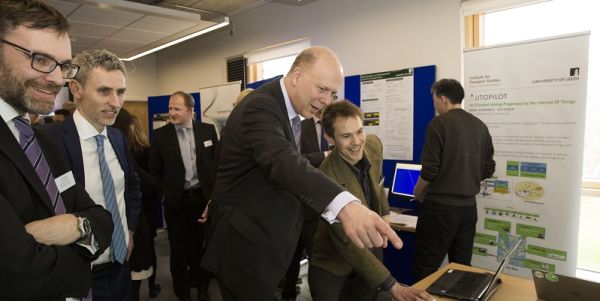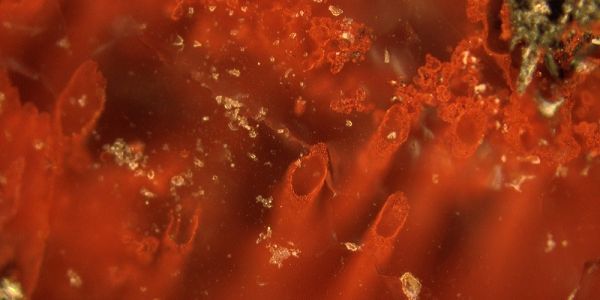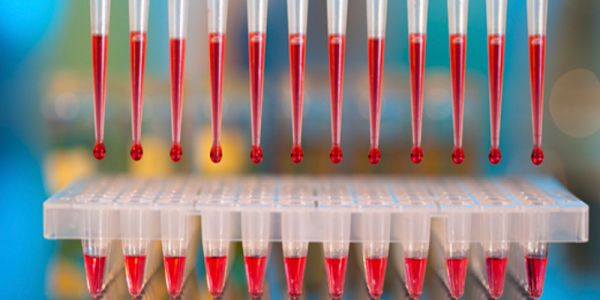
Male breast cancer discovery 'could improve treatment'
Two key proteins involved in male breast cancer have been identified by University of Leeds scientists, potentially paving the way for more effective treatments.

Two key proteins involved in male breast cancer have been identified by University of Leeds scientists, potentially paving the way for more effective treatments.

A new transcontinental research project is looking at the way technology affects traditional campus-based degrees.

Leeds Festival of Science is back, offering a range of events from songs about science to a chance to have a go at keyhole surgery.

A new exhibition reveals the dramatic events of the Russian Revolution from a fresh, British, perspective.

Researchers at the University of Leeds are to receive a share of £5m in funding from Cancer Research UK to improve early cancer detection in GP surgeries.

New research reveals that 85 tree species domesticated by pre-Colombian peoples remain common in forests close to ancient settlements.

The Secretary of State for Transport has visited the University of Leeds to see the latest research aiming to help the transportation sector become more accessible, efficient and productive.

Remains of microorganisms at least 3,770 million years old have been discovered – providing direct evidence of one of the oldest life forms on Earth.

Professor Paul Stewart, Executive Dean of Medicine and Health at the University of Leeds, has been elected Vice President (Clinical) of the Academy of Medical Sciences, following a competitive ballot.

Concerns about the way non-invasive prenatal testing (NIPT) is being sold by private companies are expressed in a new report published by the Nuffield Council on Bioethics today.